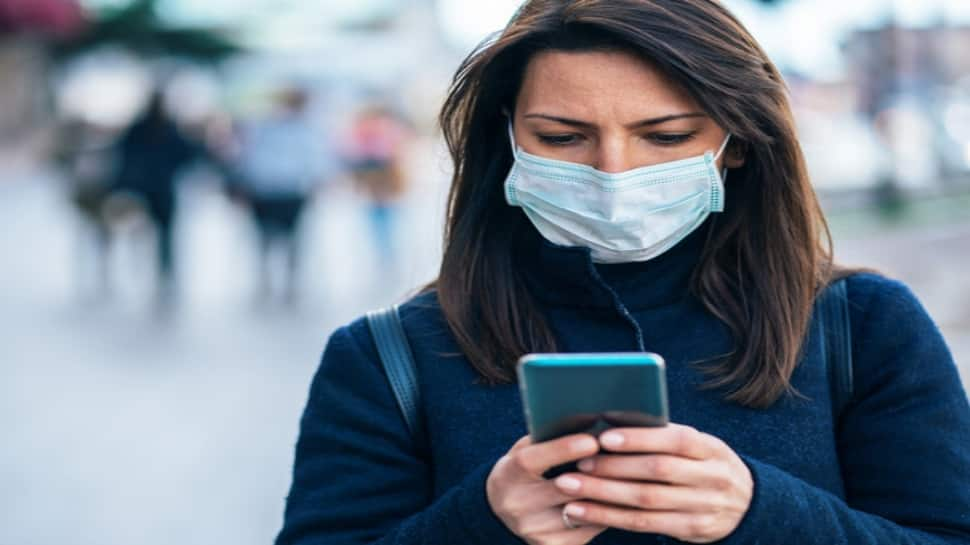New Delhi: The Covid-19 pandemic has put a huge strain on our healthcare system, including labs that test thousands of patients every day for possible illnesses. The majority of these labs – and even self-testing kits – use Rapid Antigen Test (RAT) or RT-PCR, which puts them out of reach for many families, particularly those with limited financial resources. Researchers are now working on a new Covid-19 diagnostic technique that will allow anybody, including those in low-income groups, to test for a potential Covid-19 infection using their smartphones.
The new testing method was created by academics at the University of California, Santa Barbara, and only requires initial equipment that costs less than $100. Each test costs only $7 (about Rs 525) if all of the necessary equipment is in place, according to CNET.
To set up the testing gear, users will need only a hot plate, reactive solution, and their smartphones. They must also download Bacticount, a free app developed by the researchers, to their devices. The data taken by the phone's camera will be analysed, and the user will be notified if they have tested positive or negative for Covid-19.
Users will have to place their saliva into a test kit that is placed on a hot plate, according to a report titled 'Assessment of a Smartphone-Based Loop-Mediated Isothermal Amplification Assay for Detection of SARS-CoV-2 and Influenza Viruses' that was published on JAMA Network Open. After that, consumers must add the reactive solution, which will cause the liquid's colour to change. Based on how quickly the colour of the liquid changes, the app will now estimate the quantity of viral load in the saliva.
Smart-LAMP (Loop-Mediated Isothermal Amplification) is a technology that can identify all five primary types of Covid-19 infection: Alpha, B.1.1.7 (UK version); Gamma, P.1 (Brazil variation); Delta, B.1.617.2 (India variant); Epsilon, B.1.429 (CAL20C); and Iota, B.1.526 (CAL20C) (New York variant).
However, the test isn't ready for widespread use just yet, as the researchers only tested it on 50 patients, 20 of whom were symptomatic and 30 of whom were asymptomatic, and it was calibrated for Samsung Galaxy S9 cellphones.
As a result, more research is required to validate the technique. Simply said, don't hold your breath for it to hit the market any time soon.
#mute
















